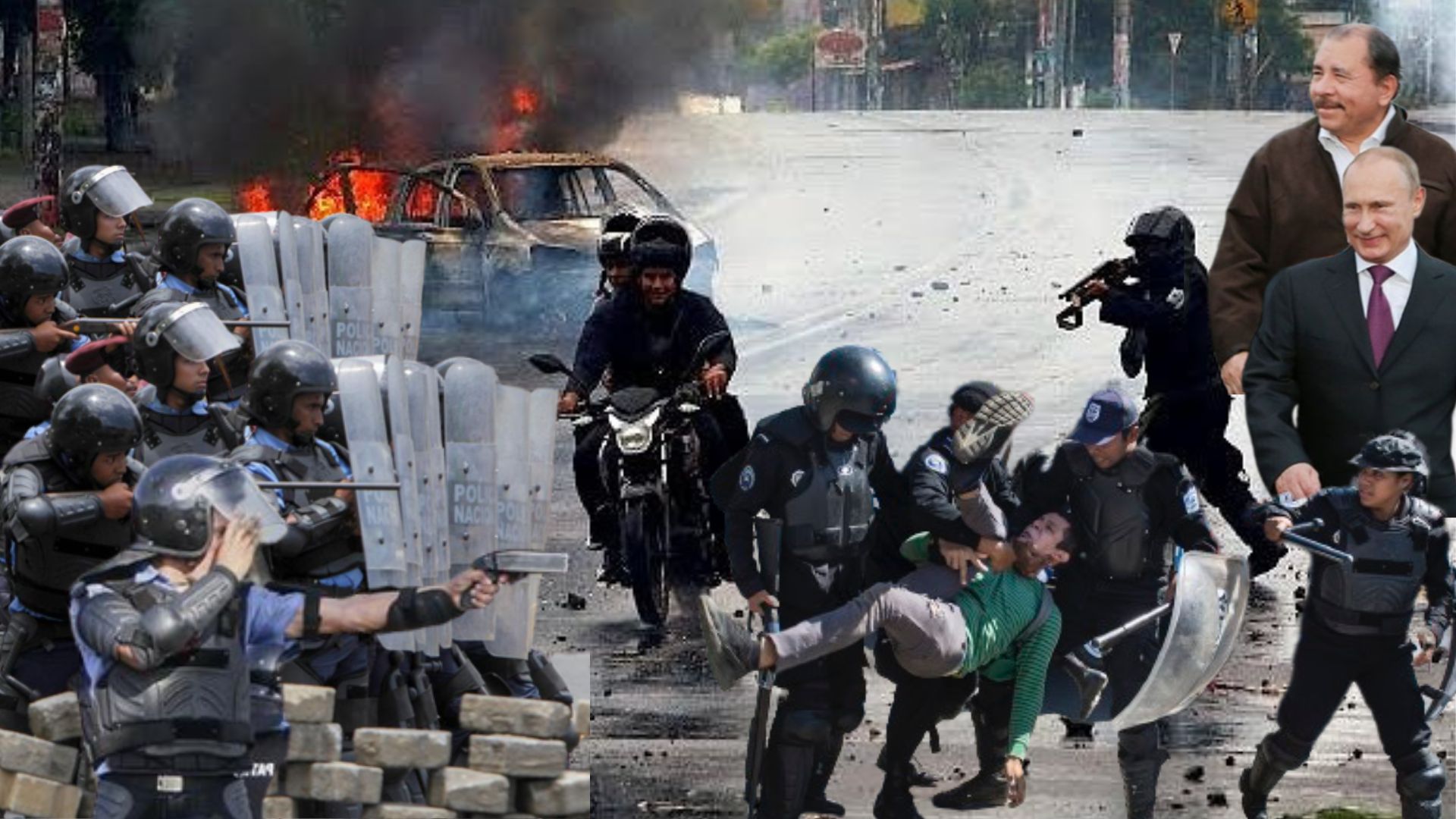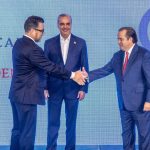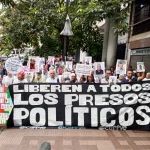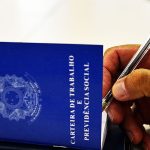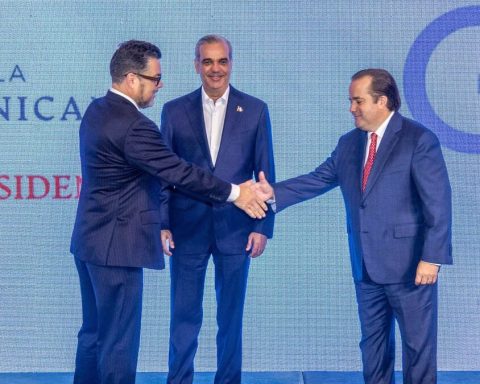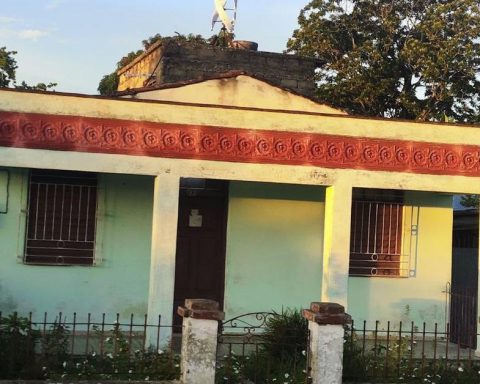During the 2018 social protests, Russia trained a select group of Nicaraguan police officers to “repress and control civil society,” reveals the report titled Dangerous Alliances: “Russia’s Advance in Latin America,” prepared by researchers Douglas Farah and Marianne Richardson.
The person in charge of carrying out the “special training” was the Russian Lieutenant Colonel Oleg Surovwho directs the Russian police training center installed in Managua.
During the social outbreak, Surov was entrusted with the task of training the repressors of the Daniel Ortega regime, who received classes entitled “Modern means and methods to combat extremism and terrorism.” The course provided digital and electronic surveillance techniques that enhanced the Nicaraguan dictatorship’s ability to repress.
Related news: They point out that espionage and increased repression in Nicaragua respond to the interests of Russia
Researchers from the IBI Consultants organization indicate that in 2021, the Russians also provided a follow-up course for 20 officers focused on electronic surveillance techniques and training.
Since then, Ortega’s top enforcer and national security adviser, US-sanctioned Néstor Moncada Lau, established a new permanent structure within the Nicaraguan National Police “to carry out intelligence and surveillance activities with Russian advisers.”
The headquarters of the new surveillance center would be located in the building of the Nicaraguan Telecommunications and Post Office (Telcor) in Managua, also sanctioned by the United States.
At least 14 political prisoners charged with the crimes of “undermining national integrity and propagation of false news” have been disqualified for life from holding public or popularly elected office and, subjected to the suspension of political rights, denounced the Nicaraguan Center for Human Rights (Cenidh).
The defenders reiterated that in the recent sentence against seven religious and a layman from the diocese of Matagalpa “it was exposed that the regime is committing crimes with impunity; and the Judiciary, by violating what the laws and acting against express law, incur in the commission of crimes typified in the Penal Code of Nicaragua, for which they must be tried.
Justice at the service of the Daniel Ortega regime advanced to Wednesday, February 15, the trial against Monsignor Rolando Alvarez, that’s how he met him Article 66.
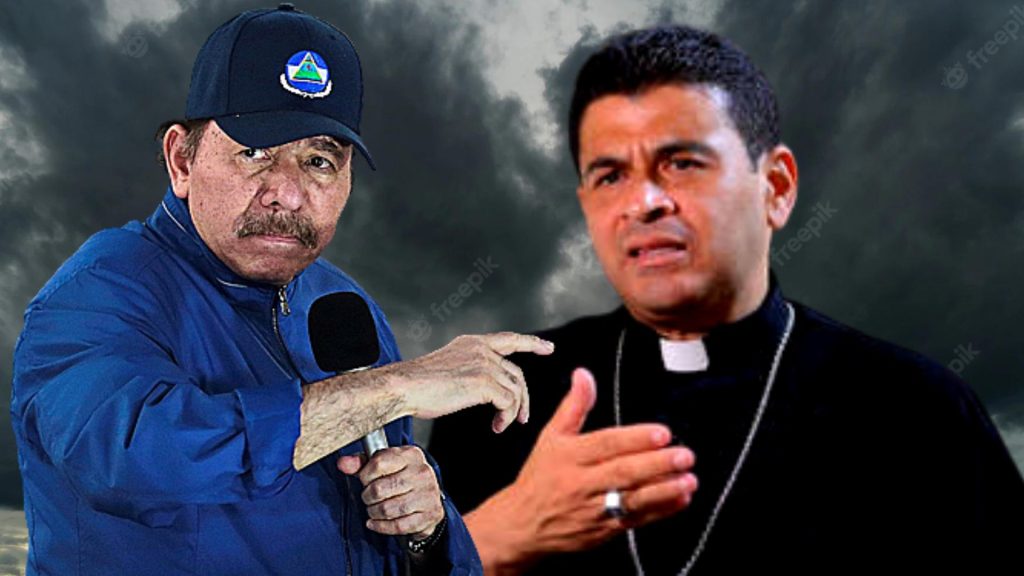
The process against the bishop of the Diocese of Matagalpa was scheduled for March 28, however, the Sandinista judge Nadia Tardencilla brought forward the prosecution of the religious leader without any explanation.
Related news: Regime advances to February 15 the impeachment trial against Monsignor Álvarez
The change occurs after the political trial against the religious and lay people who suffered police siege along with the monsignor in the Episcopal Curia of Matagalpa, before his arbitrary arrest last August.
The bishop and those close to him were indicted for the alleged crimes of conspiracy and propagation of false news against the State.
42 opponents over the age of 60 remain incarcerated in different Nicaraguan prisons and others under house arrest on orders from the Nicaraguan regime, according to a recent report by the Mechanism for the Recognition of Political Prisoners.
The document indicates that, as of January 31, there were 245 prisoners of conscience, including 42 citizens between the ages of 60 and 80.
Most have various health problems, need medical attention and their medications, yet the regime continues to deny them personalized medical care.
